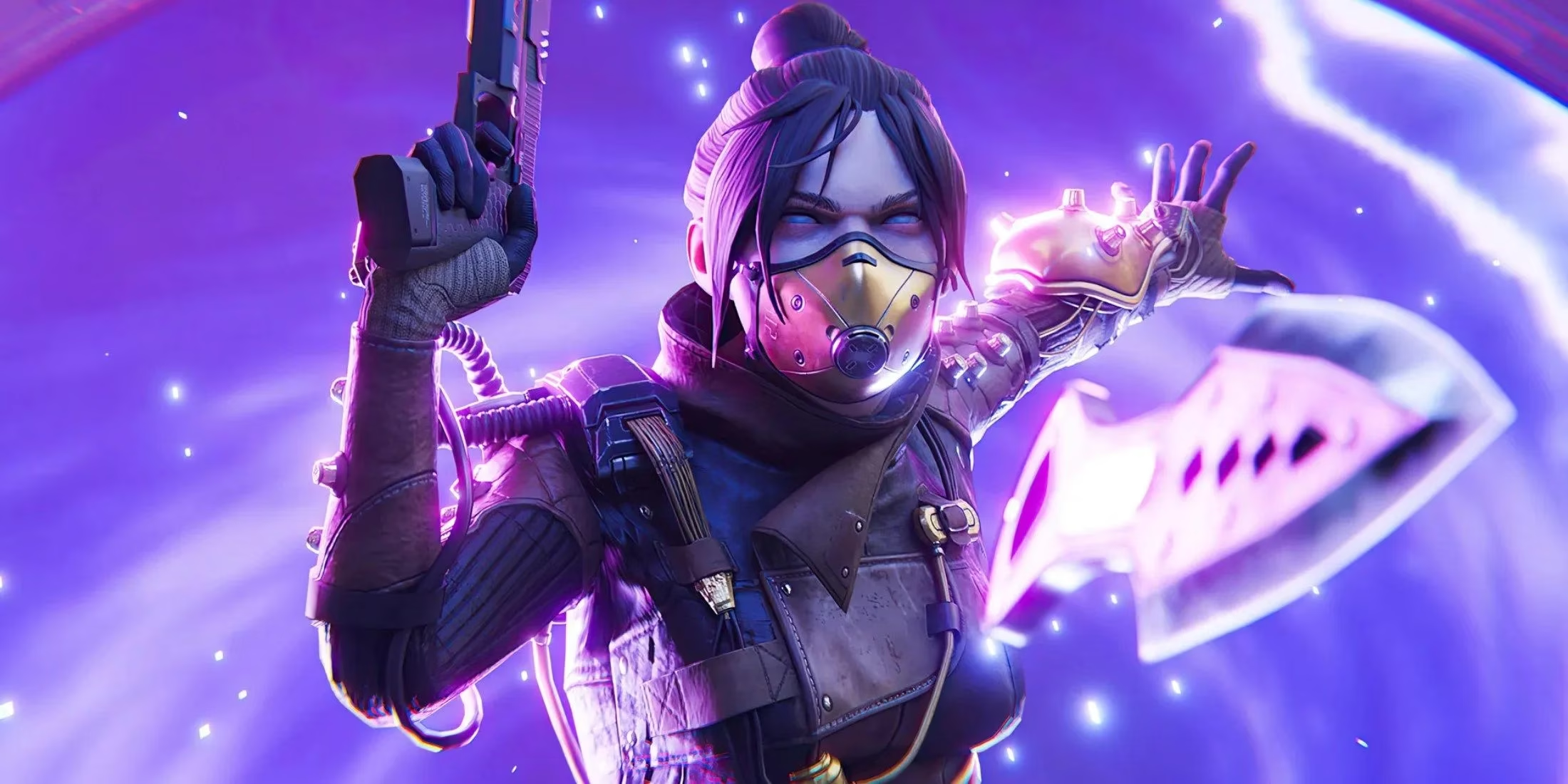I stand amidst the digital storm, feeling the tremors as voices that once breathed life into Apex Legends' characters are now silenced. The French cast, a collective of 31 souls, has walked away, their departure echoing through the gaming world like a final, defiant note. It began with a contract, an addendum slipped in like a shadow, demanding they relinquish all rights to their voices—no limits, no promises, just the cold possibility of AI usurping their art. As Pascale Chemin, the voice of Wraith, declared this exodus, I felt the weight of their choice: a refusal to endorse machines that could steal not just their tones, but the very essence of human creativity.  Their lawyers whispered warnings, and in that moment, I saw the fracture—between innovation and integrity, between progress and preservation. 💔
Their lawyers whispered warnings, and in that moment, I saw the fracture—between innovation and integrity, between progress and preservation. 💔
This isn't just about Apex Legends; it's a ripple in a vast ocean where actors and writers have long battled against AI's encroachment. In 2023, Embark Studio faced backlash over AI voices in The Finals, and now, Respawn Entertainment teeters on a similar precipice. Fans clamor for answers, but I wonder: are we sacrificing humanity for efficiency? The cast's decision isn't merely about compensation—though that's a raw nerve, as studios could train AI models on their data, churning out new lines without paying them another session. No, it's deeper. It's about the soul of storytelling, where a machine lacks the passion, the subtle tremors of emotion that make Indiana Jones resonate through Troy Baker's performance. Harrison Ford once said, 'Don't need AI to steal my soul,' and I nod, understanding the fear of losing that irreplaceable human touch.
For me, this rebellion is poetic. These voice actors, like modern-day artisans, demand clarity and dignity. They won't back a future they don't believe in, where algorithms could render their craft obsolete. Yet, in their absence, Apex Legends faces a void—one that might be filled by AI, stirring debates across the industry. 😟
Why did they leave? The reasons intertwine:
-
Compensation fears: Loose contracts could let studios exploit voices without fair pay.
-
Creative ethics: AI limits opportunities for genuine human artistry.
-
Solidarity: A stand against a trend threatening livelihoods.
A comparison of the stakes:
| Aspect | Human Voice Actors | AI Voices |
|---|---|---|
| Emotional depth | High 😊 | Low 😟 |
| Compensation | Ongoing sessions needed | One-time data use |
| Creative input | Nuanced interpretations | Algorithmic replication |
I recall the whispers in the studio booths, where each line was a heartbeat. Now, as 2025 unfolds, this exodus forces us to question: what future do we want? One where machines dominate, or where voices like these continue to shape our digital dreams? The cast's courage sparks a movement, reminding us that art isn't just sound—it's spirit. 🌟
Finally, in the quiet, I ponder the FAQs that linger:
Q: Why did the French voice actors of Apex Legends quit?
A: They refused a contract addendum that could allow their voices to be used for AI without limits or fair compensation.
Q: What does this mean for the gaming industry?
A: It highlights rising tensions over AI's role, potentially inspiring more pushback against unethical practices.
Q: Could AI truly replace human voice actors?
A: Technically yes, but it lacks the emotional depth and creativity that humans bring, risking bland, soulless experiences.
Q: How are fans reacting?
A: Many support the cast, fearing AI could erode the unique qualities that make games like Apex Legends special.
Q: What's next for the voice actors?
A: They seek clearer contracts and continue advocating for human-centric creativity in entertainment.
As detailed in VentureBeat GamesBeat, the intersection of artificial intelligence and creative industries is a growing concern, with recent reports highlighting how contract disputes and ethical dilemmas are shaping the future of voice acting in games like Apex Legends. VentureBeat's coverage underscores the broader industry implications, noting that the pushback from voice actors is not just about compensation, but about preserving the authenticity and emotional resonance that only human performers can deliver.
